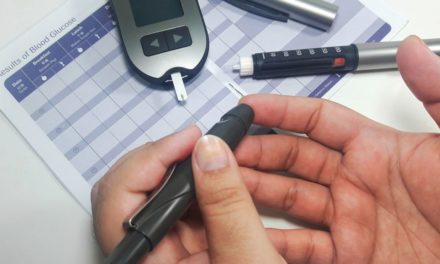 Even though supplements are available to improve bone health, it is important to realize that lifestyle plays a role in the development of osteoporosis. One study, published in the American Journal of Clinical Nutrition (2006; 84(4): 936-42), had the obvious finding that high consumption of colas was associated with lower bone mineral density. Women who consumed colas daily had between 3.7% and 5% lower bone mineral density values when compared to women who consumed one cola or less per month. A study that was published in the Journal of Orthopedic Science (2007; 12(4): 317-20) looked at lifestyle choices and the development of osteoporosis in 632 Japanese women over the age of 60. It found that drinking green tea and being physically active lowered the chance of developing osteoporosis. Oddly enough, alcohol consumption was also related to better bone density. Smoking and cheese consumption were associated with lower bone mineral density. Another study, published in the Annals of Nutritional Metabolism (2005; 49(5): 312-8) looked 8,178 female subjects participating in the European Prospective Investigation into Cancer and Nutrition (EPIC) Potsdam Study. The relationship between dietary intake of protein and calcium, and bone structure was examined. Bone density was evaluated using broadband ultrasound attenuation and diet was assessed by food frequency questionnaires. High intake of animal protein was associated with lower bone density, but high intake of vegetable protein was associated with higher bone density values. Calcium intake had a positive effect on bone density, but it was less pronounced in subjects with a high intake of animal protein.
Even though supplements are available to improve bone health, it is important to realize that lifestyle plays a role in the development of osteoporosis. One study, published in the American Journal of Clinical Nutrition (2006; 84(4): 936-42), had the obvious finding that high consumption of colas was associated with lower bone mineral density. Women who consumed colas daily had between 3.7% and 5% lower bone mineral density values when compared to women who consumed one cola or less per month. A study that was published in the Journal of Orthopedic Science (2007; 12(4): 317-20) looked at lifestyle choices and the development of osteoporosis in 632 Japanese women over the age of 60. It found that drinking green tea and being physically active lowered the chance of developing osteoporosis. Oddly enough, alcohol consumption was also related to better bone density. Smoking and cheese consumption were associated with lower bone mineral density. Another study, published in the Annals of Nutritional Metabolism (2005; 49(5): 312-8) looked 8,178 female subjects participating in the European Prospective Investigation into Cancer and Nutrition (EPIC) Potsdam Study. The relationship between dietary intake of protein and calcium, and bone structure was examined. Bone density was evaluated using broadband ultrasound attenuation and diet was assessed by food frequency questionnaires. High intake of animal protein was associated with lower bone density, but high intake of vegetable protein was associated with higher bone density values. Calcium intake had a positive effect on bone density, but it was less pronounced in subjects with a high intake of animal protein.
Lifestyle Choices Affect Bone Density






